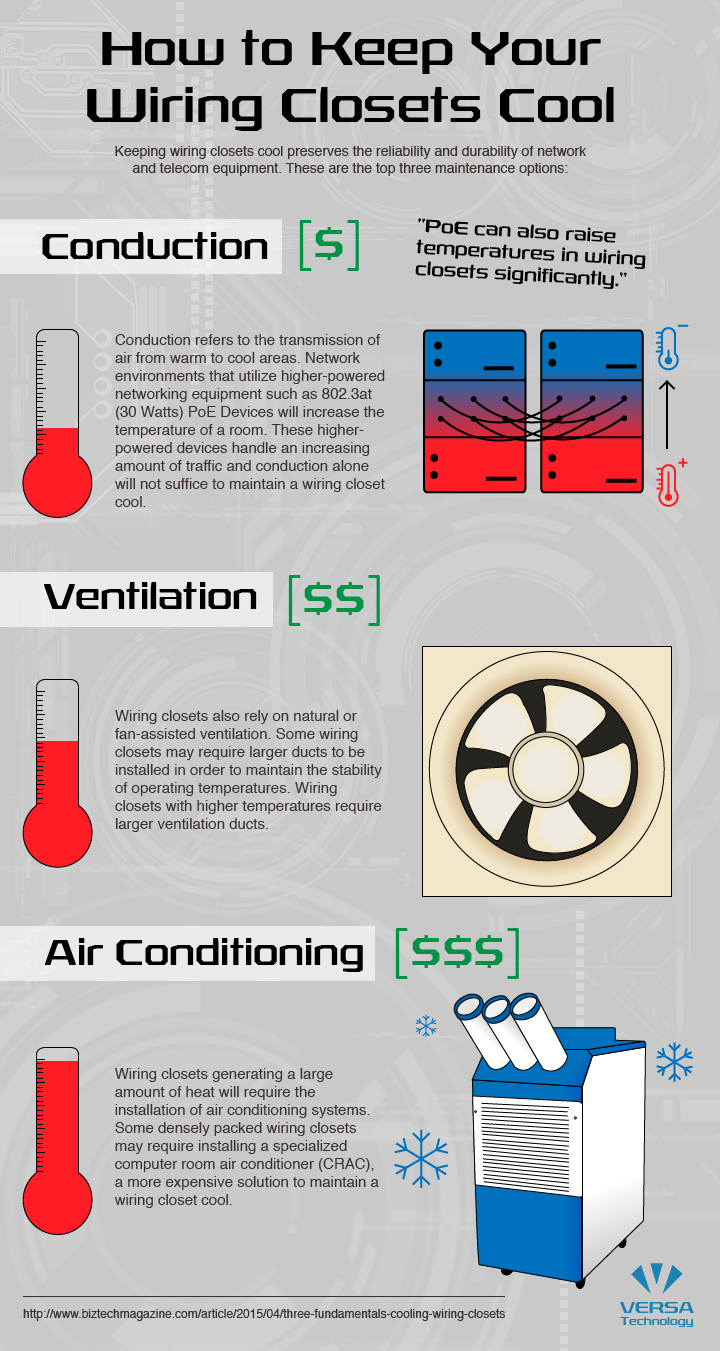Heatpump Vs Furnace - Which Is The Better Heating Option For Your Home?
Heatpump Vs Furnace - Which Is The Better Heating Option For Your Home?
Blog Article
Content Writer-Rosenthal Niebuhr
Several property owners are familiar with furnaces, which heat homes with oil or gas and push hot air with ductwork. They are fairly cost-effective and can provide reliable heating even during a winter season power interruption.
Nonetheless, they make use of nonrenewable fuel sources and generate carbon monoxide and other air pollution. They additionally aren't as energy-efficient as a high-efficiency heatpump.
Expense
Typically, heatpump are extra inexpensive to operate than heaters. They typically utilize electrical power and cooling agent to remove heat from outside air, and after that transfer it into your home. You can capitalize on cheaper electrical energy rates during off-peak hours to additionally lower your heating prices.
Unlike heatpump, gas or wood-burning heating systems use combustion to generate warm, giving off flue gases into the environment that can be dangerous to your health and wellness. These heaters are also less energy-efficient than heatpump, and their greater operating costs can add up with time.
Furnaces are a lot more complex than heatpump and need regular maintenance to make certain the appropriate feature of all parts. Regardless of this, they have a tendency to last longer than heatpump with a common lifespan of twenty years or even more. Nevertheless, you'll require to consider the price of gas, fuel oil or wood and the additional equipment needed for setup and procedure such as ducts and air flow systems.
Power Effectiveness
Heatpump have a greater energy efficiency score than heaters. These systems utilize electrical power to scavenge heat from the air, even in freezing temperatures. They can likewise get rid of excess warm from the home throughout warmer months and recycle it to cool down the system. Provider specialists can aid you identify the very best design for your home on climate and source power prices.
Heaters melt gas oil, gas, natural gas or various other sorts of fossil fuel to warm the air in the home. This air is after that spread via ductwork making use of a huge follower. Furnaces generate greenhouse gases and need routine upkeep and devices upgrades to make certain secure procedure.
The largest benefit of a furnace is that it can be operated also in harsh winter season conditions since it does not count on outdoor temperature levels to warm up the air. Heating systems also have a longer life-span than heat pumps and generally last 15 years. They can additionally be paired with double gas options, which pick one of the most effective heating alternative based upon the weather condition.
Environment
Heatpump function well in moderate environments and use much less source energy than heaters. Nonetheless, if your area is remarkably cold, you might require to purchase a common gas heating system instead.
Furnaces offer cozy, relaxing warm and normally supply rapid heating to raise indoor temperature levels. These systems can be made use of with a range of gas types, consisting of natural gas, lp, oil or electrical energy.
They consume more power than heatpump-- approximately 3x as much-- and require ductwork that's pricey to install or retrofit. https://commercial-a-c-companies10987.elbloglibre.com/29260010/debunking-the-price-of-putting-up-and-keeping-a-heatpump to keep, as they can create air top quality problems and produce greenhouse gas emissions.
If you're committed to lowering your carbon impact, a heatpump is a good option for your home. They have less greenhouse gas exhausts than furnaces, especially if you select an ENERGY CELEBRITY ® heat pump. Your regional Provider expert can discuss the differences in between these 2 heating systems and aid you make the very best decision for your one-of-a-kind needs.
https://www.pilotonline.com/life/real-estate/vp-hl-julie-ulrich-condo-conversation-condo-living-tips-052921-20210602-4gbgwqko6vecznj5ebuudu2sli-story.html can be really energy efficient when powered by gas, gas or oil, but they aren't as power effective as heat pumps in frigid environments. They can also be a lot more pricey to install, requiring gas lines and air flow systems.
However, heating systems tend to need less maintenance, which can cause lower recurring costs. They create less greenhouse gases and are much more trusted than heatpump throughout extreme weather.
Electric heat pumps are extra flexible in creating indoor convenience due to the fact that they can additionally work as air conditioning unit throughout warmer months. They can be more convenient to keep, requiring just routine air filter adjustments and periodic vacuuming.
If you prefer the comfort of a single system that does it all, consider a hybrid home heating solution that sets a heater with an electrical heatpump. These systems can immediately switch between the two heating choices based on your home's needs and temperature level problems, optimizing effectiveness and financial savings.